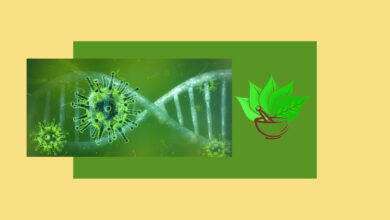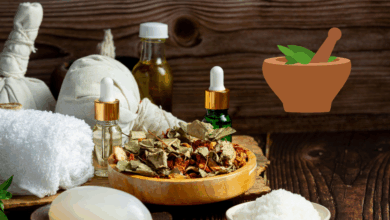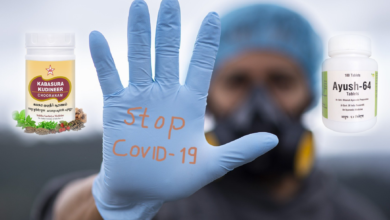Varsities Breathe New Life into Traditional Medicine with a Scientific Touch
Should modern medicine and traditional practices walk hand-in-hand—or stay in their own lanes?

In a country where ancient healing traditions date back millennia, Indian universities are now forging a bold path—merging traditional medicine with cutting-edge science.
From chanting mantras alongside brain scans to decoding ancient Sanskrit texts with modern pharmacology, the revival of traditional medicine is no longer confined to spiritual retreats or remote villages. It’s happening in classrooms, laboratories, and medical conferences—led by top varsities determined to bridge ancient wisdom with modern research.
🔬 SASTRA University: Mantras, Molecules & Modernity
At SASTRA University in Trichy, a recent national conference titled “Mantras & Medicine” attracted academics, scientists, and traditional healers alike. Presenters showcased how age-old practices like chanting and herbal formulations—such as the insulin plant—can be studied using modern tools like EEG and AI modeling.
“We are not replacing science—we are expanding it,” said Dr. P. Mahadevan, one of the event’s organizers. “We want to understand how traditional therapies affect the nervous system, hormone levels, and emotional health in measurable terms.”
📚 MMMUT’s Indian Knowledge System (IKS): A Department Rooted in Legacy
At Madan Mohan Malaviya University of Technology (MMMUT) in Gorakhpur, a full-fledged Department of Indian Knowledge System (IKS) is being established. Here, engineering and computer science students will soon learn Vedic mathematics, ancient architecture, and Ayurveda principles—side-by-side with their core subjects.
“This is not nostalgia; it’s national progress,” said Dr. R. K. Singh, Dean of the IKS initiative. “We’re giving students a cultural foundation with scientific rigor.”
The move aligns with India’s National Education Policy (NEP) 2020, which emphasizes a holistic, heritage-based education model.
🧘♂️ S-VYASA Bengaluru: Yoga Meets Engineering
Meanwhile, S-VYASA University in Bengaluru is leading the AYUSH (Ayurveda, Yoga, Unani, Siddha, and Homeopathy) integration frontier. With degree programs in engineering, management, and life sciences now infused with modules on yoga therapy, meditation, and naturopathy, the university is turning heads globally.
The Health Ministry is actively supporting such models, aiming for an integrative healthcare approach that refers patients between modern and traditional practitioners depending on the case.
⚖️ Not Without Controversy
However, not everyone is cheering. The Indian Medical Association (IMA) has raised red flags over what it calls “mixopathy”—especially after news that JIPMER might launch an integrated MBBS–BAMS program.
“Combining streams without adequate standardization is risky,” said Dr. Lakshmi Nair of IMA Madurai. “You can’t teach surgery from two rulebooks.”
🌿 The Bigger Picture
Despite the pushback, there’s a rising consensus that India’s traditional medical heritage deserves deeper scientific exploration—not blind faith, but empirical validation.
As universities across the country invest in interdisciplinary research, digitize ancient manuscripts, and introduce AI-based tools to decode traditional formulations, one thing is clear:
India’s medicine of the future may very well carry the DNA of its past.
🧾 Did you know?
-
The insulin plant (Costus igneus) is being clinically evaluated at SASTRA for its hypoglycemic effects.
-
The IKS Department at MMMUT plans to offer electives on the Bhagavad Gita’s psychological insights.
-
S-VYASA’s biomedical lab is one of India’s few centers studying the neurophysiology of yoga using MRI and EEG.
📢 What do you think?
Should modern medicine and traditional practices walk hand-in-hand—or stay in their own lanes? Share your thoughts below!



